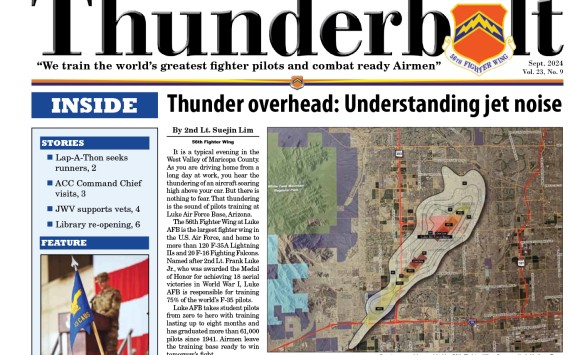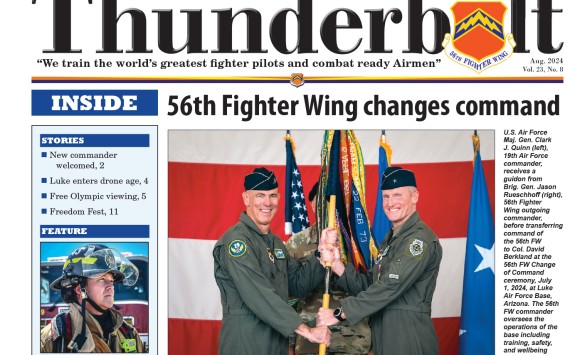Let’s look at the process of buying, owning and passing on a vehicle to a dependent. Typically you start by researching it from top to bottom. Next, you find the vehicle you like on a car lot and do a thorough once-over looking for any issues. After purchasing it, you ensure it will stand the test of time by detailing the car regularly, performing scheduled maintenance in a timely manner and, in general, using it appropriately.
Throughout the years some of you may try to find ways to improve the vehicle by adding aftermarket equipment, trying different vendors and types of fuel, or maybe touching up the paint to make it look its best. When the car gets older you don’t stop taking care of it. That’s when it’s most important to keep maintaining it. And finally, in this example, it’s time to hand the car down to a dependent. You ensure to tell them the “ins and outs” of the car so there are no surprises.
Why do we put so much into our cars? We spend good money on them. We own them.
This same mentality should be carried over to our daily duties, our additional duties and our actions as supervisors. Just as we spend our hard-earned money on cars, we spend more than 2,000 hours a year at work. That’s an investment worth considerably more than any car. As such, we should have the same, if not more, pride and commitment to ownership for those responsibilities.
When initially assigned an additional duty, what do we do? Not unlike buying a car, we should start with research. Read the guidance that drives that program, whether it is policy or written in an Air Force Instruction. Know what the book says about your program.
Next, dig into the actual program and see how it was maintained previously — good or bad. If necessary, bringing it up to par, and continue to maintain the program as required. As you become the subject matter expert on the program, look for ways to improve or streamline it. As time progresses, don’t become complacent. Always ensure you continue to accomplish everything necessary to keep the program compliant.
Lastly, when the time comes, prepare a thorough turnover to pass it to the next owner.
The same general process can be used as a supervisor when taking on a new subordinate — research them, talk to their previous supervisor, and read their past enlisted performance reports and decoration citations. Then, when you meet the new Airman, make your own assessment and address expectations. Sustain them by communicating on a regular basis to ensure their work is acceptable and they’re being tasked appropriately and sufficiently. Find ways to help your subordinates excel both professionally and personally.
As time goes on, never stop being an active supervisor. We cannot afford to lose touch with our members. This can help set up follow-on supervisors for success. Email or call them with insight into your subordinate, and send them a comprehensive letter of excellence.
Taking as much ownership in our daily duties as we do in things like our automobiles will help ensure the success and continued improvement of the performance of our responsibilities. The sum of all of our successes will ensure our Air Force continues to be the best in the world.











